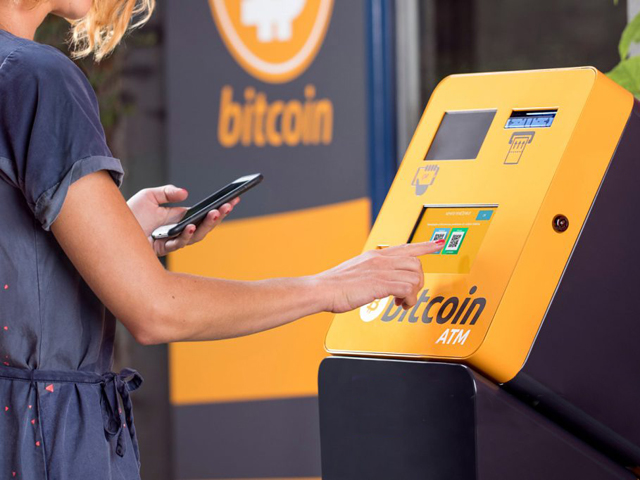North Dakota lawmakers are debating House Bill 1447, which seeks to limit cryptocurrency ATM transactions and implement stricter regulations to protect residents from scams. The proposed legislation comes in response to rising crypto-related fraud, with North Dakota residents reporting $6.5 million in losses to scams involving crypto ATMs in 2023 alone.
Key Provisions of the Bill
Introduced on January 15, the bill proposes the following regulations for crypto ATMs:
- Daily Transaction Limit: A cap of $1,000 per customer per day.
- Fee Limit: Fees would be restricted to either $5 per transaction or 3% of the transaction amount, whichever is higher.
- Fraud Warnings: Machines would be required to display fraud warning notices and advise users to contact law enforcement if they suspect they are being scammed.
Additionally, the machines would be required to notify users that funds lost due to error or fraud may not be recoverable.
The Case for Regulation
North Dakota’s Department of Financial Institutions Commissioner Lisa Kruse reported that the FBI recorded 103 crypto scam complaints from state residents in 2023, resulting in significant financial losses.
The issue is not isolated to North Dakota. Nationally, the FBI found that Americans lost $5.6 billion to crypto scams in 2023, with crypto ATMs involved in more than 5,500 cases resulting in over $189 million in losses.
Bill sponsor and former Gate City Bank CEO, Representative Steve Swiontek, emphasized that crypto ATMs lack the same protections as traditional ATMs, making them more vulnerable to exploitation by criminals.
“Unfortunately, this has allowed criminals to exploit them for theft,” Swiontek told lawmakers during a January 22 hearing.
Concerns About Older Residents
Fraud targeting elderly residents has been a major concern. Josh Askvig, state director of the American Association of Retired Persons (AARP), highlighted that the proposed bill would provide critical consumer protections to safeguard seniors’ savings from scams.
While some industry representatives support consumer protection measures, they oppose the proposed limits on fees and transactions.
Kevin Lolli, assistant general counsel for crypto ATM operator CoinFlip, told lawmakers that crypto ATMs typically charge 8% to 20% fees to cover costs such as hardware, maintenance, armored car services, and rent for host locations. Lolli argued that fee and transaction caps could make operating crypto ATMs financially unviable.
He also noted that some crypto ATMs already comply with federal anti-money laundering laws by reporting suspicious transactions exceeding $2,000 and transactions over $10,000 to U.S. authorities.
Crypto ATMs have seen significant growth globally, with 37,155 machines operating across 65 countries, according to Coin ATM Radar. The United States is home to nearly 30,000 of these machines, underscoring its dominant role in the crypto ATM market.
